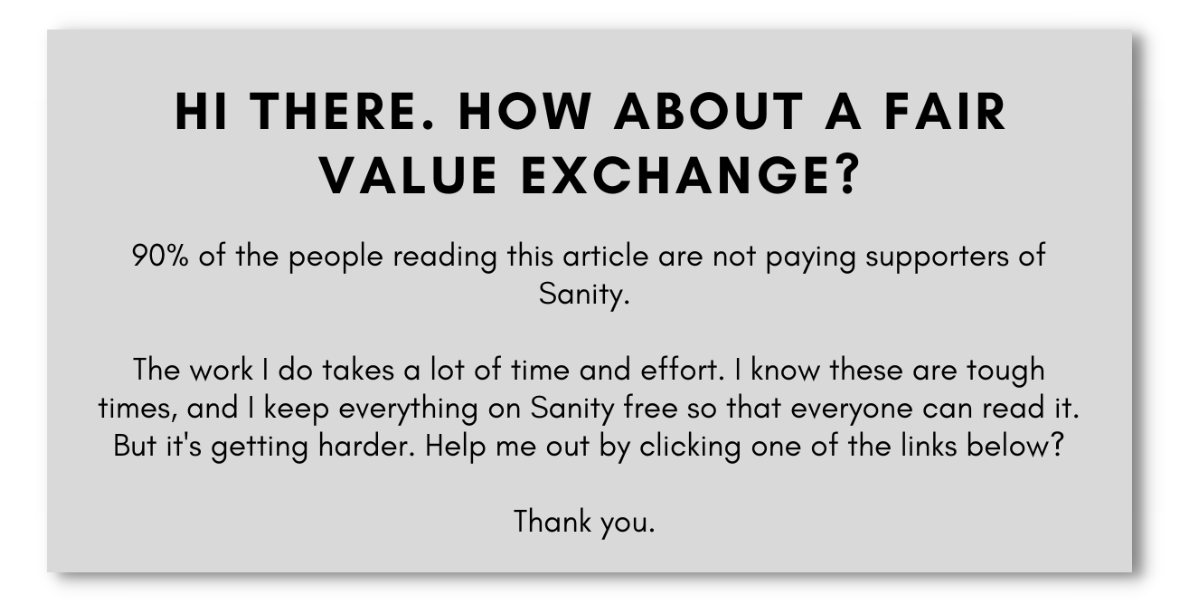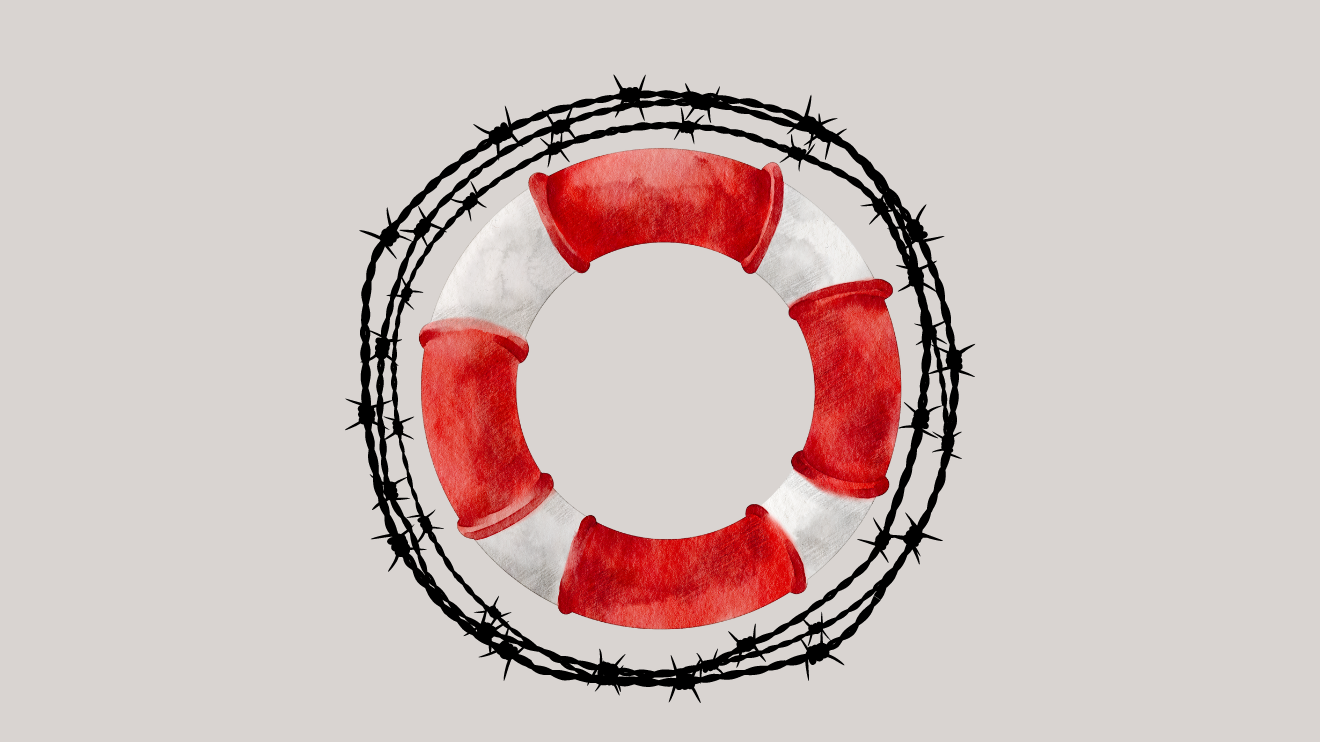
What the World Risk Poll teaches us about our relationship with work
We are often in denial about the harm our work can cause.

Trigger warning
Mentions workplace abuse
The World Risk Poll is a first-of-its-kind exercise that studies people's perceptions and experiences of risk to their own safety. It is run by the UK nonprofit Lloyd's Register Foundation together with survey agency Gallup. I recently discovered the poll's most recent edition from 2021, which drew on 125,000 interviews in 121 countries (the organisers say they are planning at least two more editions, in 2023 and 2025). This scale makes it a vivid map of human fears and anxieties with fascinating insights into our culture.
To begin with, this was a time when the pandemic was still stalking us, and yet Covid did not figure among the top three risks people were worried about. While more people reported feeling unsafe over the poll's previous edition in 2019, only 7% of the respondents named Covid as the greatest risk to them.
What topped the charts? The risk of road accidents and crime and violence.
The takeaway? People tend to compartmentalise and minimise transient threats such as a pandemic more easily compared with the daily and persistent threats posed by civic decay and the disintegration of law and order.
Here's another interesting finding, this one pertaining to our relationship with work: Work-related harm emerged as one of the most underestimated forms of harm globally. Almost a quarter (24%) of people worldwide said they or someone they knew had experienced serious harm from the work they did. But fewer than one in five (19%) said they were worried about such harm.
This gap, or the ratio of worry-to-experience, was the lowest among the seven types of risk surveyed, suggesting that workers may often underestimate their occupational hazards, or they may not view the consequences as that severe, or a combination of both.

In psychology, denial is a common form of self-deception that protects us from threats to our sense of self via an exaggerated perception of control and self-efficacy. Social-psychological researchers say such biases are the norm and not exclusive reactions to crises – which might explain why the dissonance around work-related risks was as strong in relatively stable countries such as Italy and Switzerland as it was in more crisis-prone countries such as Afghanistan and Vietnam.
Other researchers argue that optimistic bias is not just denial. They say this kind of bias is the greatest for events that are i) believed to be preventable by individual action and ii) events with which people have little personal experience.
So, I might feel that you are more likely to be harmed by your work than me because I am more competent than you in managing the risks. Or maybe, I simply haven't had exposure to harm over the course of my working life.


